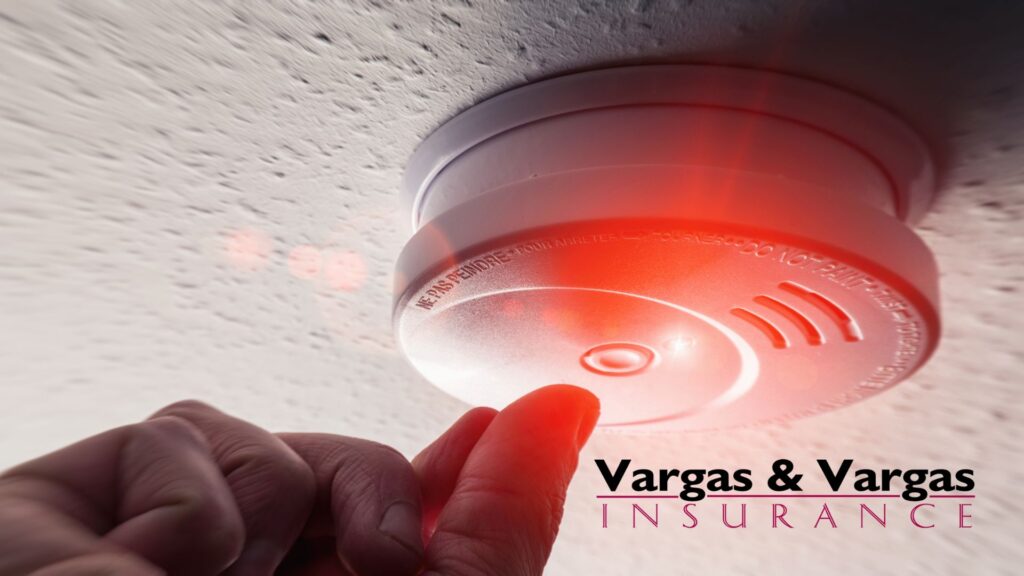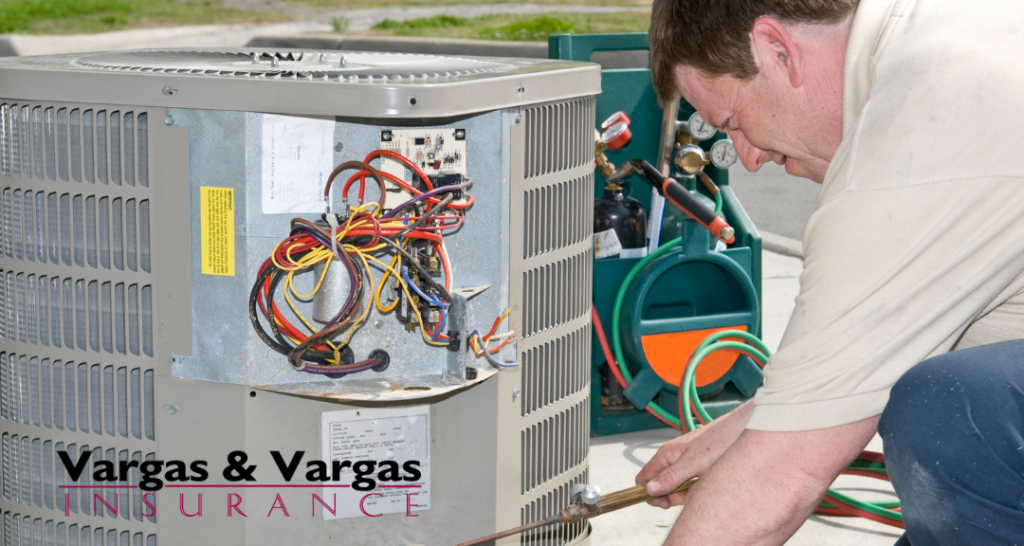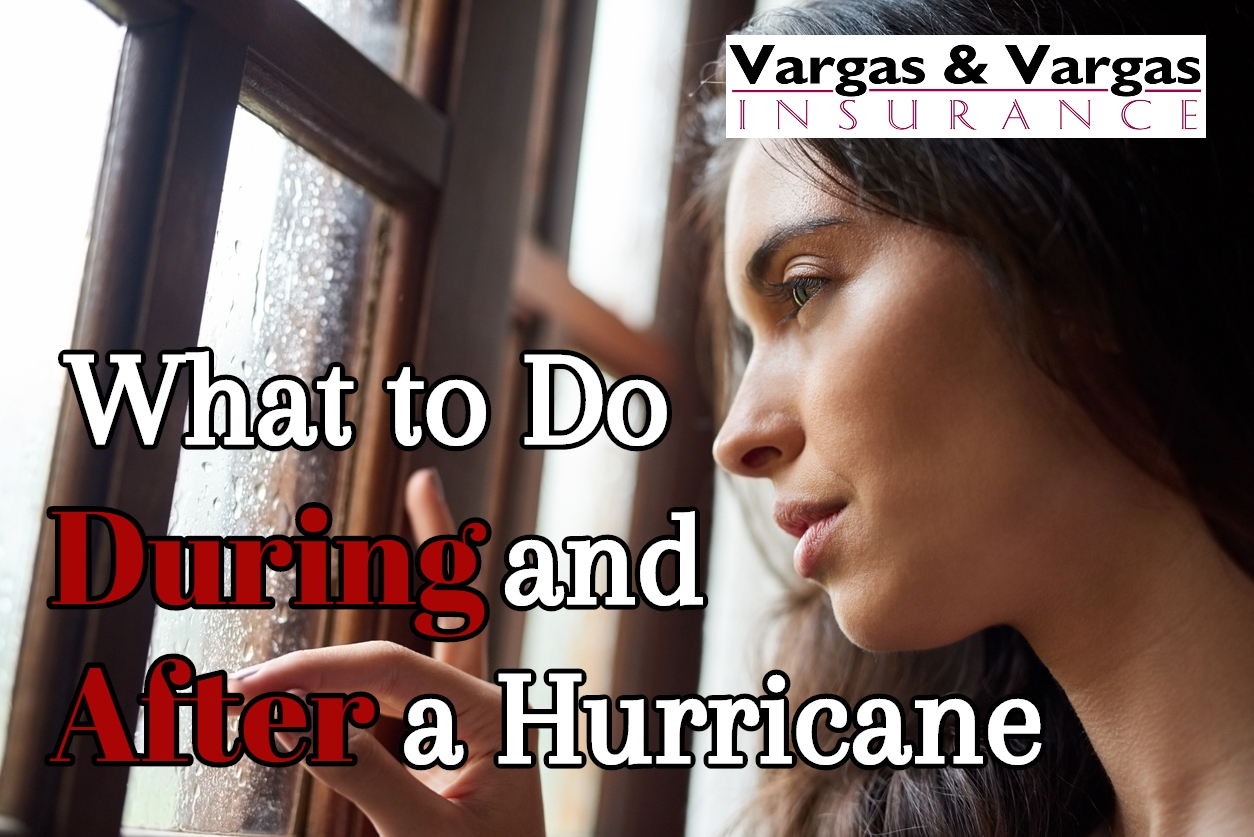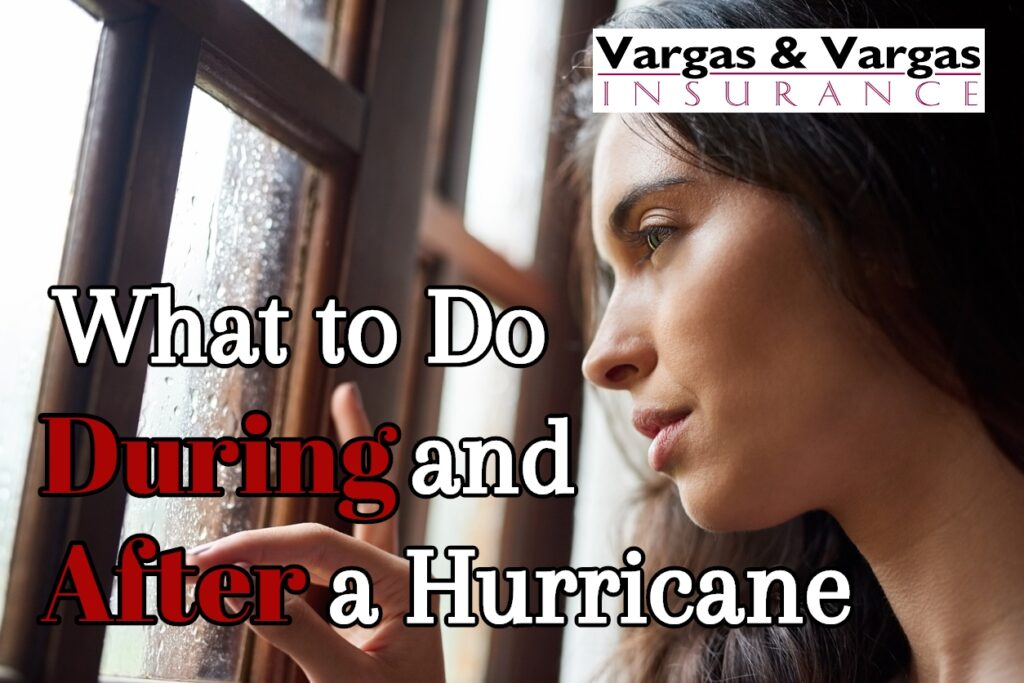Why Insurance Companies Demand Home Inspections

Imagine you just purchased into your dream house. You’ve moved in and started picking out cool colors for the walls and arranged your furniture just how you like it. Maybe you’ve even planted a tree in the backyard! But there’s one more important thing to do – a home insurance inspection. Don’t worry, it’s not as scary as it sounds!
What’s a Home Insurance Inspection?
A home insurance inspection is like a check-up for your house. It’s when sometimes someone comes to look at your home to make sure everything is safe and working well. This isn’t the same as the inspection you had when you bought the house. This one is special for insurance underwriting purposes.
Why Do Another Inspection?
You might be wondering, “Why do we need another inspection?” Well, there are a few good reasons:
- It helps the insurance company understand your house better. They want to know what they’re insuring!
- It can find problems you didn’t know about. Maybe there’s a loose wire or a weak spot on the roof. Finding these early can save you a lot of trouble later.
- It might even save you money! If your house is in great shape, you might qualify for a better tier policy and pay less for insurance.
What Happens During the Inspection?
The inspection is pretty quick. Usually, it only takes less than an hour. Here’s what happens:
- The insurance company or the inspector will reach out to you to set up an appointment
- An inspector will come to your house at a time that works for you.
- They’ll walk around inside and outside your house.
- They’ll look at things like your roof, electrical stuff, and plumbing.
- They’ll check for anything that might not be safe.
- If you have a multi-family home, heads up! They’ll need to access all apartments.
Don’t worry – they’re not trying to find every little thing wrong with your house. They just want to make sure it’s safe and matches what the insurance company thinks they’re insuring.
What Are They Looking For?
The inspector checks a bunch of different things. Here are some of the main ones:
- The Roof: They want to know how old it is and if it’s in good shape.
- Electrical Stuff: They make sure all the wires and things are safe.
- Plumbing: They check that the pipes are working well and not leaking.
- Safety Things: Like smoke detectors, handrails and good lighting.
- Possible Dangers: Like tree branches that might fall on your house.
What Happens After the Inspection?
After the inspection, you may receive a report. This report will tell you:
- The condition of your home
- If there are any problems they found
- What you can do to fix any issues
Sometimes, the insurance company might ask you to fix something before they insure your house. But don’t worry they will give you ample time and this is done to help keep you and your home safe!
Why This is Actually Pretty Cool
Even though an inspection might sound boring or scary, it’s actually helpful. It’s like having an expert come check out your house to make sure it’s super safe. Plus, it can help you learn more about your home and how to take care of it.
Remember, this inspection isn’t about finding every little thing wrong with your house. It’s about making sure your home is safe and protected. And that’s pretty important when you think about it!
Need Help? We’ve Got You Covered!
If your home gets inspected and you have questions, don’t worry! You can always reach out to the team at Vargas & Vargas Insurance at 617-298-0655. We have been helping individuals, families and business for over 40 years and are the experts at this stuff and can help explain things or answer any questions you might have. Just give them a call, and they’ll be happy to help!






























